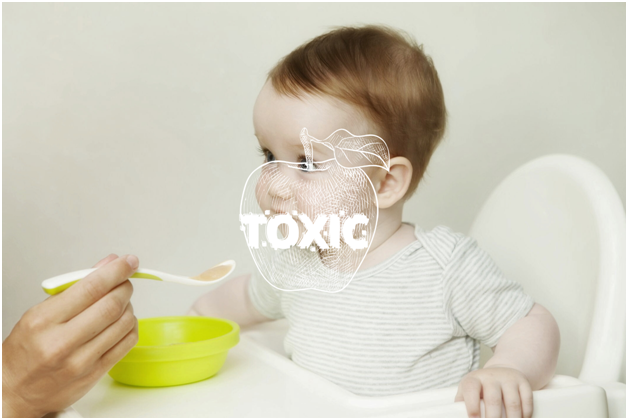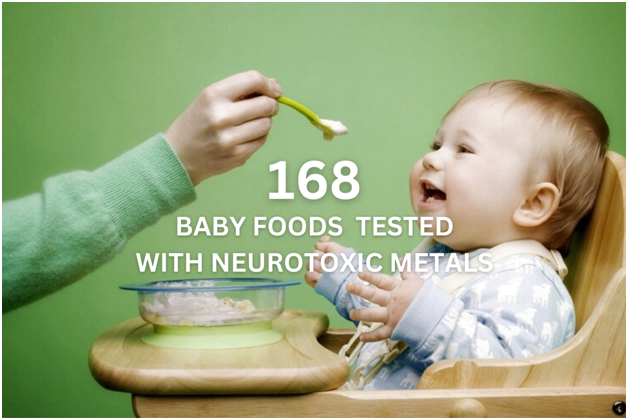More and more lawsuits are popping up because some baby foods have harmful stuff in them, like heavy metals. These metals, like arsenic and lead, can mess with kids' brains as they grow up. People are saying that the companies making these foods should have been more careful and told us about these dangers
Legal action surrounding toxic baby food is emerging following disturbing revelations of heavy metal contamination in various baby food items, spanning pureed foods, rice cereal, and rice-based puff snacks. Neurotoxic metals like arsenic, cadmium, lead, and mercury have been detected in these products, raising concerns about their adverse effects on the cognitive and behavioral development of infants and young children. The crux of these lawsuits centers on claims that specific baby food manufacturers have been remiss in permitting these harmful substances in their products while neglecting to furnish consumers with adequate warnings regarding the potential health hazards they pose.
The lawsuits stem from a comprehensive investigation by a consumer advocacy group, which tested 168 baby food containers for harmful substances like heavy metals and perchlorate. Shockingly, only 9 containers were found to be free of these contaminants. Multiple manufacturers are named in the lawsuits, alleging that they distributed products containing hazardous levels of neurotoxins without adequate warnings.
Parents of children diagnosed with autism spectrum disorders before age six, who consumed these products, seek compensation for damages, including medical expenses, emotional distress, and loss of quality of life.
These lawsuits carry significant legal implications. For instance, over 9,000 claims have been filed in the U.S. federal court against baby food manufacturers. However, navigating these complex litigations requires a high level of legal expertise and dedication.
The legal process will likely involve pre-trial motions, discovery, potential settlement negotiations, and possibly trial proceedings. Given the variation in statutes of limitations across states, potential claimants must act promptly. Attorneys and stakeholders should closely monitor these developments in the evolving legal landscape.




